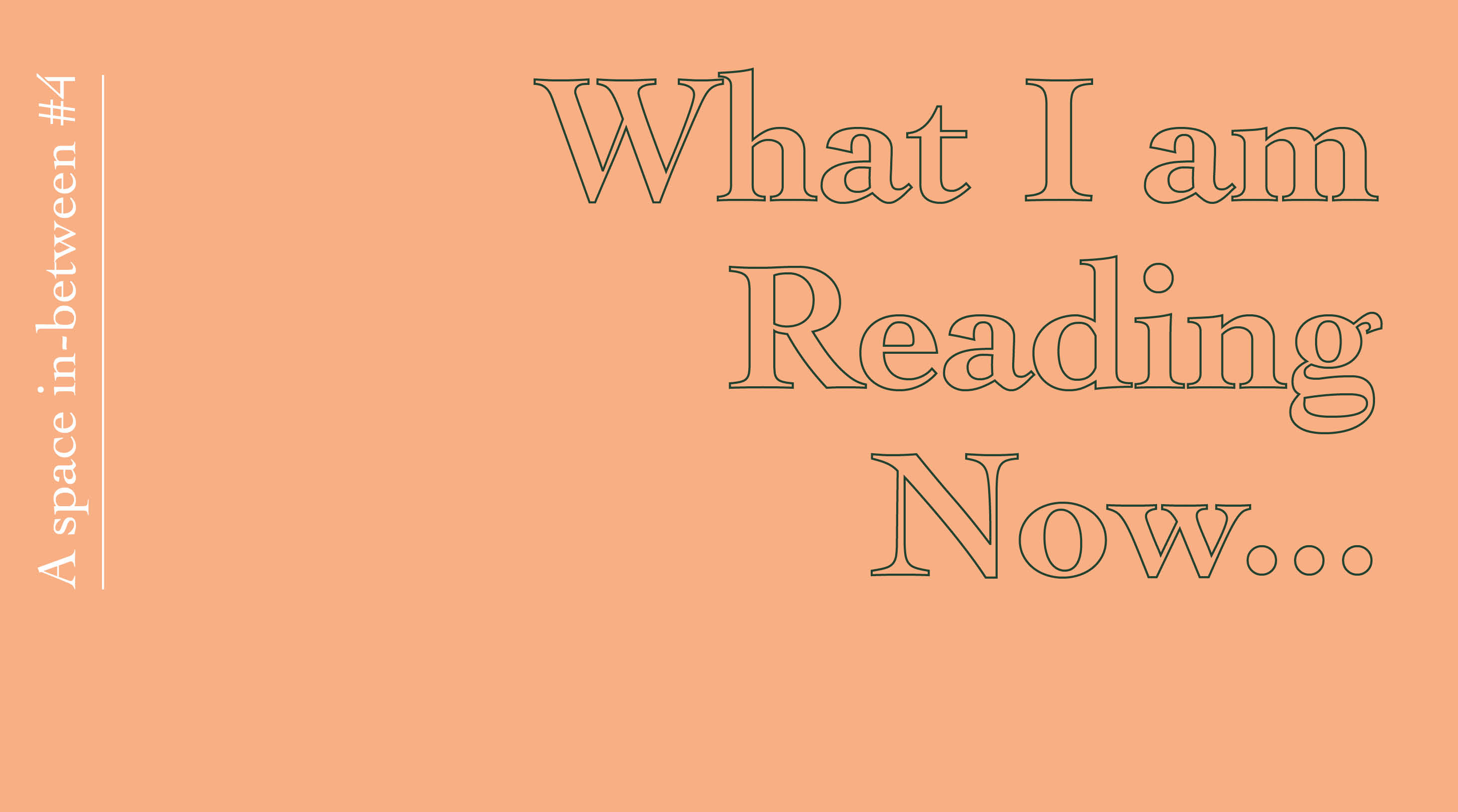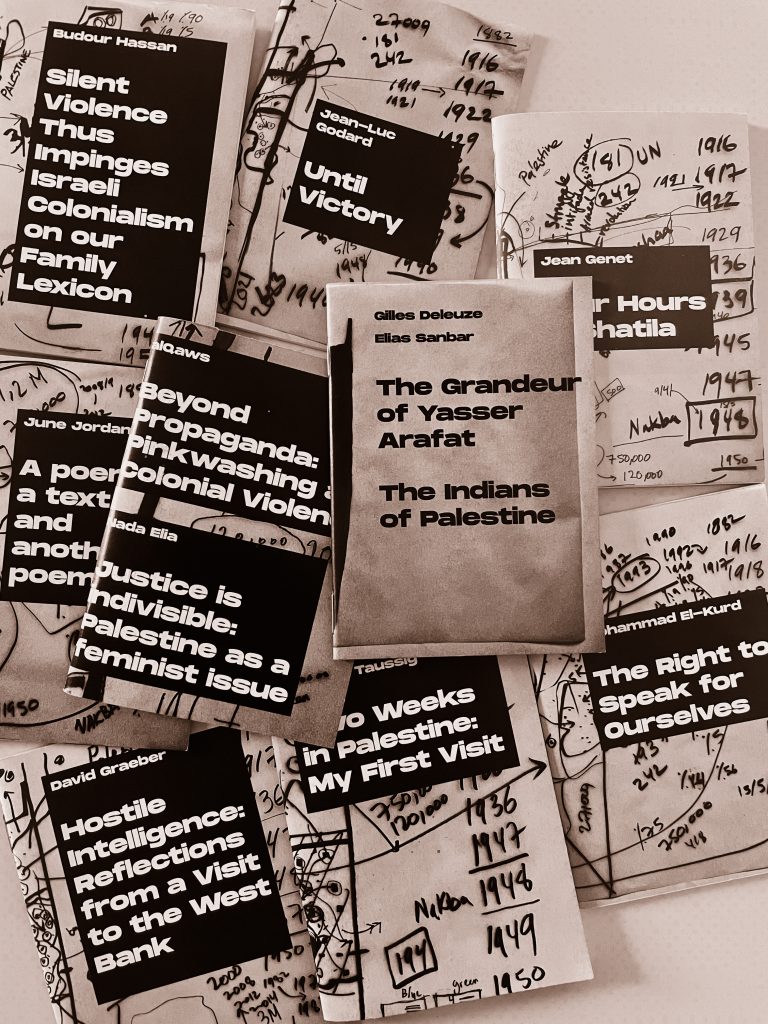As soon as I was able to read by myself, my father discouraged personal book buying. The purchasing of a book was a special occasion, a reward not to be taken lightly. For him, the local library took primacy over the private book. His extensive explanations, none of which included the fact that he was tight, were often narrated to me while I sat on the back of his bicycle, either on the way to or from the library. For the purposes of brevity, a blunt summary of his years of argumentation was a “use it or lose it” attitude. This included a rule to always check out at least one book (any book) so one’s library attendance would be recorded as evidence to support continued local authority funding. Reading was a public act of participation; it was an event to go and see what other people were reading, to notice what wasn’t being purchased, and to request books not just for yourself but for others too.
One consequence of this early-learning indoctrination into the weight of civic responsibility: my physical book collection remains scant to this day. The horror my shelves invoke in visiting bibliophiles is equalled by mine when I see their towers of private paper hoardings. My reading behaviour includes bingey speed-reading before due dates, an outsized reliance on online archives and internet libraries, and only ever acquiring books I can shove in a pocket and/or later redistribute.
My habits are also deeply haunted by another of my father’s uncompromising maxims that wasn’t so much a guide as a brutally pragmatic approach to book selection: he once told me his reading was governed by the fact that he was “time bankrupt”. In other words, he wouldn’t be able to read all the books he wanted to before he died. I realised his decision-making about what title to read next was influenced by prioritising the most urgent issue – a perverse yet totally mortal approach to reading for pleasure.
While I reflect on these paternal instructions that have defined my reading life, I have never been more aware of the urgency of reading and the public circulation of texts since October 2023’s acceleration of the decades-long and collaboratively genocidal project against Palestine.
Reading in an emergency has a strange relationship to time, partly because reading requires curiosity, and curiosity is hard to maintain in a prevailing atmosphere of panic and fear. My experience of reading during genocide has become a discipline in centring curiosity. Taking time to source and read texts in an unreactive and undistracted state is a challenge – but one that is well-met by the Learning Palestine group. This anonymous collective of artists and cultural workers has been producing an ongoing series of pocket-sized pamphlets in print and online, designed to read onscreen or be printed off, folded into a neat and easy-to-read pile for re-circulation. From Jean Genet and June Jordan to Esmat Elhalaby and Rana Issa, this wide array of authors from history and the present day give depth to the Palestinian struggle with purposeful, cool-headed engagement.
Reading is not a radical act in and of itself, but it can become a valuable act of bearing witness – a necessary element that precedes and informs any act of transformative justice. Having listened and learned from a text, there are decisions a reader must make about the responsibility of having acquired knowledge, about the burden and honour of being addressed by an author, about the reader’s priorities going forward. As is printed in the colophon of every edition of Learning Palestine, “What is knowledge for if not to change the world to a just place for all?”

